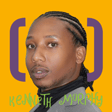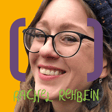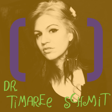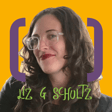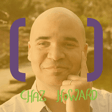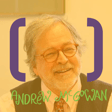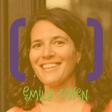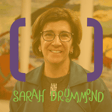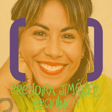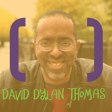
Dr. Neil Bardhan: Cut through the noise. Connect to another human. Build common ground.
It’s hard to hate someone whose story you know.
That’s the resounding call of Neil Bardhan, the executive director of the Broad Street Review and the director of applied storytelling at First Person Arts.
Neil holds the Ph.D. in Brain and Cognitive Sciences from the University Rochester.
CONTENT WARNING: death of a parent, COVID
We talk about: storytelling, the life skills people can learn from studying improv, the damage to human interaction caused by social media (and some of the silver linings), bereavement.
Check out the Broad Street Review: https://www.broadstreetreview.com
Check out First Person Arts: firstpersonarts.org
This program is produced in south west philadelphia, in the unceded neighborhood of the black bottom community and on the ancestral land of the Lenape nation, who remain here in the era of the fourth crow and fight for official recognition by the commonwealth of Pennsylvania to this day. You can find out more about the Lenape Nation of Pennsylvania and how you can support the revitalization of their culture by going to https://lenape-nation.org.
Visit this episode's sponsor, BVP Coffee, roasting high quality coffee that benefits HBCU students:
https://bvp.coffee/uncommongoodpod
Visit this episode's sponsor, Poi Dog, chef Kiki Aranita creating sauces inspired by Hawaiian Cuisine: https://poidogphilly.com
we chat to ordinary people doing uncommon good in service of our common humanity.
we are creating community that builds relationships across difference by inviting dialogue about the squishy and vulnerable bits of life.
(un)common good with pauli reese is an uncommon good media production, where we make spirituality accessible to everyone and put content on the internet to help people stop hating each other.
thanks for joining us on the journey of (un)common good!
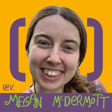
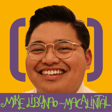
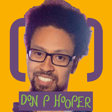
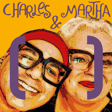
![BONUS: [moim] Gathering, David Rubenstein Atrium at Lincoln Center image](https://media.zencastr.com/cdn-cgi/image/width=112,quality=85/image-files/62b64321a33e0c0035b4bc2e/a5bd46bd-6072-4365-94bb-c1391a3e5105.jpeg)



